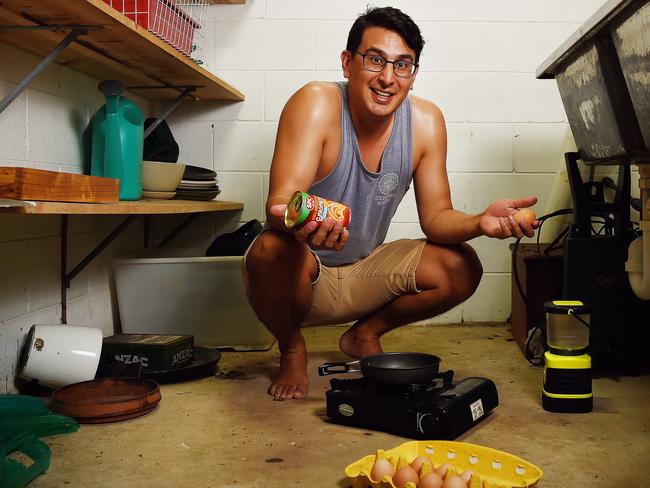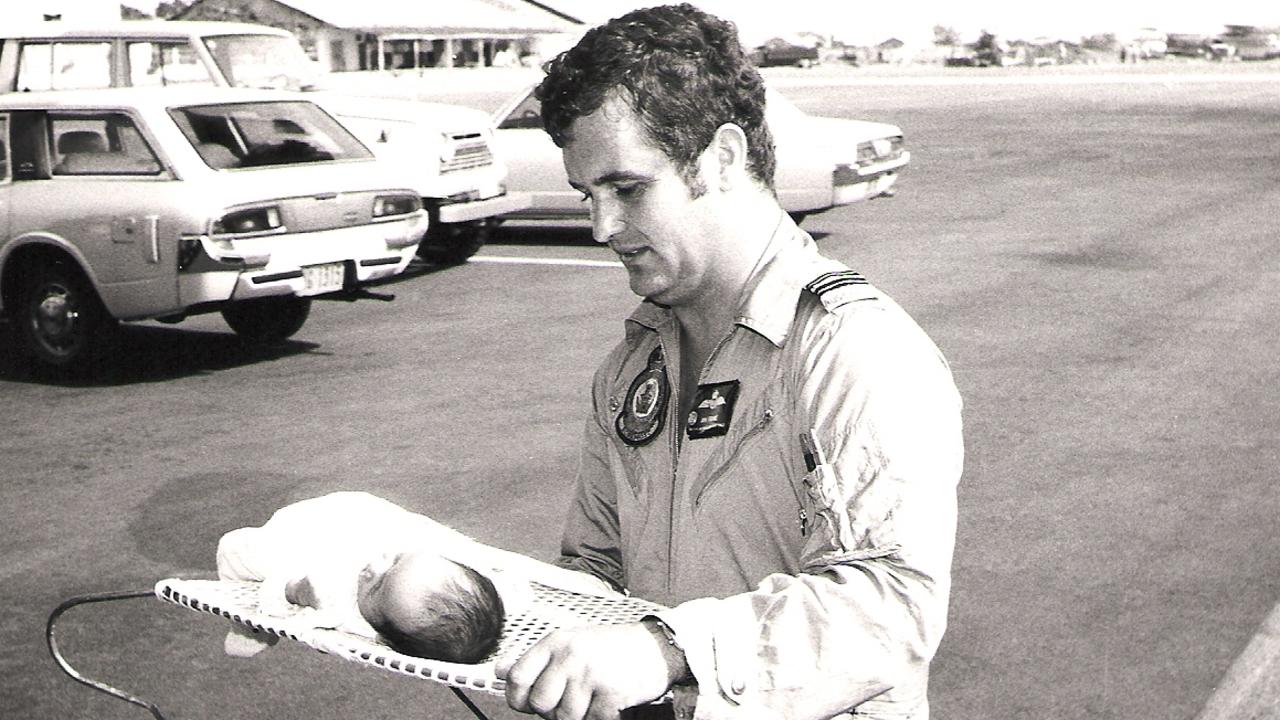What you should be doing NOW to prepare
PREPARATION is paramount ahead of a major weather event like a cyclone

Cyclones
Don't miss out on the headlines from Cyclones. Followed categories will be added to My News.
PREPARATION is paramount ahead of a major weather event like a cyclone
Check your insurance
Have you checked your home and contents insurance? It’s too late to get insurance once an emergency has been declared. Plan for the season ahead now.
Prepare your home
The storm season is almost upon us. The best time to prepare your home is now. Check the condition of your roof, clean gutters and downpipes, trim trees and secure loose items. Identify where and how to turn off the mains supply for water, power and gas.
Start preparing some essentials
Start preparing your emergency essentials. You will need some water proof bags for important documents, containers for drinking water, jerry cans for fuel, wide masking tape for windows and maybe even some hessian bags and sand for sandbagging indoor drains to prevent sewerage backwash from flooding.
Do you live in a flood-prone area?
Now is the time to ensure all poisons are stored well above ground level and identify indoor items that you will need to raise or empty if flooding threatens your home. Know your nearest safe high ground and the safest access route to it.
Emergency kit
Check your emergency kit. You should have a battery operated radio with spare batteries, torch, candles, waterproof matches, a three-day supply of non-perishable food and a can opener, cooking equipment and eating utensils as well as medications, a first aid kit, a change of clothes, enclosed shoes, toiletries, important documents. Visit securent.gov.au to find out more.
How much water do I need?
You should have ten litres of water for each person. Water supplies can become contaminated by floodwaters. Authorities will need to test before declaring it safe to drink. Fill your bath and clean buckets with water and know how to treat tap water to make it safe to drink. Visit securent.gov.au to find out more.
Where should I shelter in my home?
Do you know where to shelter in your home? The strongest part of your home is usually the smallest room with the least windows. If there are too many people for you to all fit in here, you may need to take cover under a table or mattress.
Mobile phones
Consider purchasing a power bank for your phone and devices. Keep this fully charged and in your emergency kit to help you stay in touch with family and key services after an emergency event.
Don’t forget your pets
Be sure to include food, water and any medications needed for your pets when putting together your emergency kit.
Do you have blankets?
It’s not often cold in the tropics, but you may need blankets or a sleeping bag during or after an emergency. They can help to protect you if windows are being blown in as well as keeping you warm.
Where do I get information during an emergency?
ABC Radio is the official broadcaster for all emergencies. If you live in an area without ABC coverage, stay tuned to your local radio station and heed the updates and advice from local authorities.


